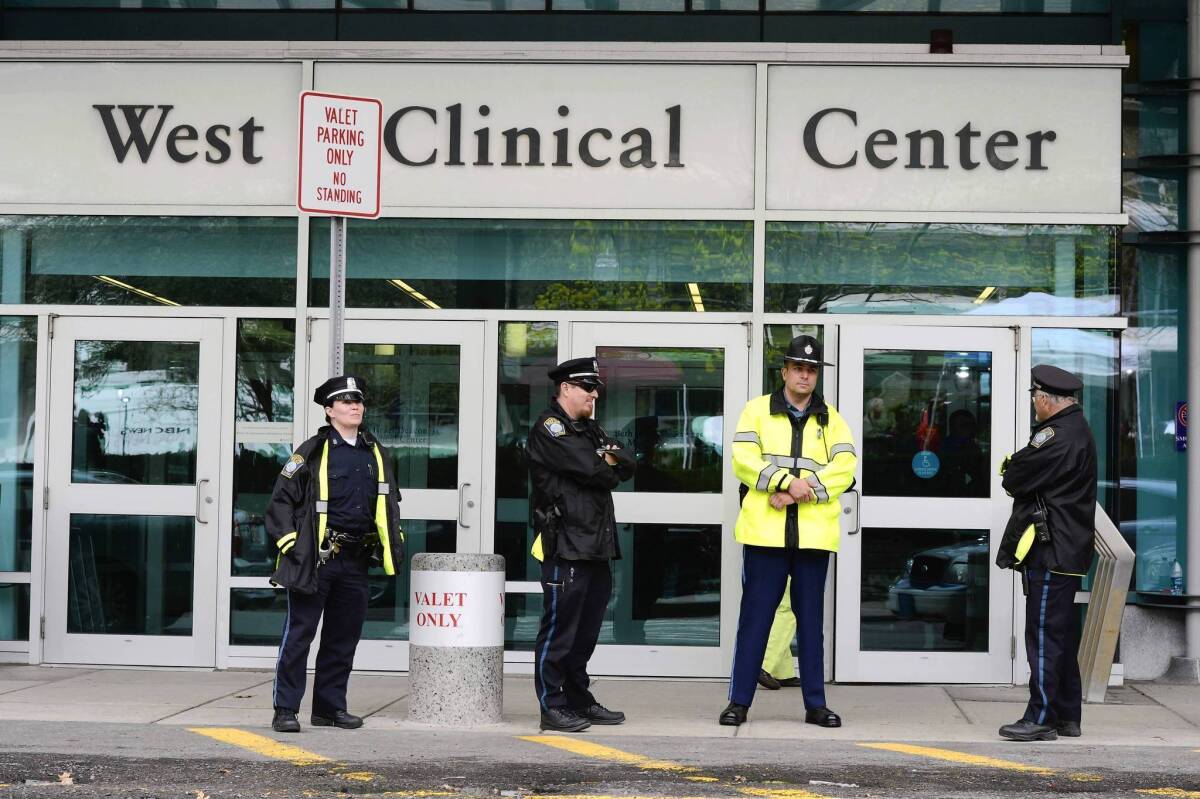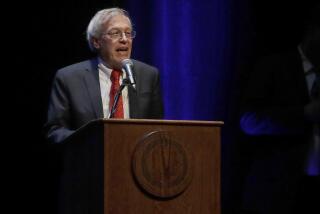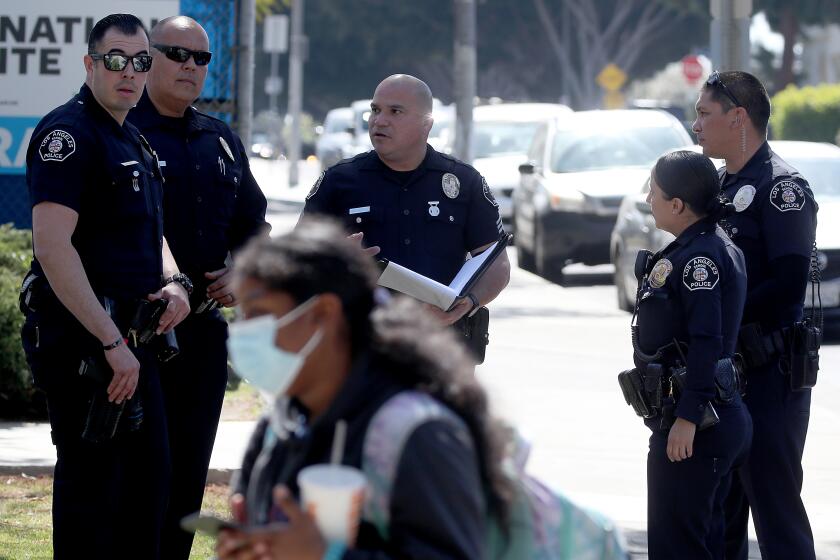Why Miranda matters

Some politicians wanted Boston bombing suspect Dzhokhar Tsarnaev declared an enemy combatant; many warned against reading him his Miranda rights. Discussing these calls in his Op-Ed article Tuesday, UC Irvine School of Law Dean Erwin Chemerinsky offered a spirited defense of protections for criminal defendants. “The Constitution is not like a deck chair, to be brought out in good weather and then put away and ignored when the seas get rough,” he wrote. “Tsarnaev is entitled to the same constitutional protections as any other criminal defendant.”
Three letters published Thursday raised different objections: Garland Allen argued for a “public safety exception”; David H. Goodwin said the idea of a “living, breathing” Constitution makes Miranda subject to change; and Arthur Armstrong said there was enough evidence to convict Tsarnaev with or without Miranda.
Erwin Chemerinsky responds:
All who are accused of a crime in the United States, including an act of terrorism, are entitled to constitutional protections. This includes being given Miranda warnings before any questioning. Tsarnaev should not have been questioned without being informed of his rights as a criminal defendant, and he should be prosecuted in court in accordance with the Constitution.
Several letters to the editor questioned this. Goodwin wrote that Miranda was a “matter of constitutional interpretation” and “may be modified as needed.”
This misses the point. The Supreme Court has said that Miranda warnings are constitutionally required; questioning a suspect without reading him his rights makes any incriminating statements inadmissible as evidence. In Tsarnaev’s case, there was no need for federal law enforcement to risk this result. More important, there was no need to modify or to not administer Miranda warnings.
Armstrong said the debate over Mirandizing Tsarnaev was moot because any statements he made before he was informed of his rights were unlikely to be needed for a conviction. But police certainly could not know this at the time of the questioning. There was no reason to risk having statements, which may turn out to be needed for a successful prosecution, excluded from evidence.
Allen wrote that officials are justified in waiting to administer the warnings if there is a need to obtain information quickly to protect the public; in Tsarnaev’s case, that would involve finding out if there were more bombs. This is correct if that was the purpose of the pre-Miranda questioning. But Atty. Gen. Eric H. Holder Jr. said on the Sunday talk shows that no such threat existed.
What is missing from the discussion of Miranda in these letters is a recognition of a larger point: The seriousness or nature of the crime is not a basis to set aside the Constitution; neither is calling a crime an “act of terrorism.” Throughout American history, those who have committed horrible crimes — including bombings — have been successfully prosecuted in our civilian courts and with all of the safeguards the Constitution provides.
There is no reason to treat Tsarnaev differently.
ALSO:
Letters: Union way may not be the best
More to Read
A cure for the common opinion
Get thought-provoking perspectives with our weekly newsletter.
You may occasionally receive promotional content from the Los Angeles Times.






